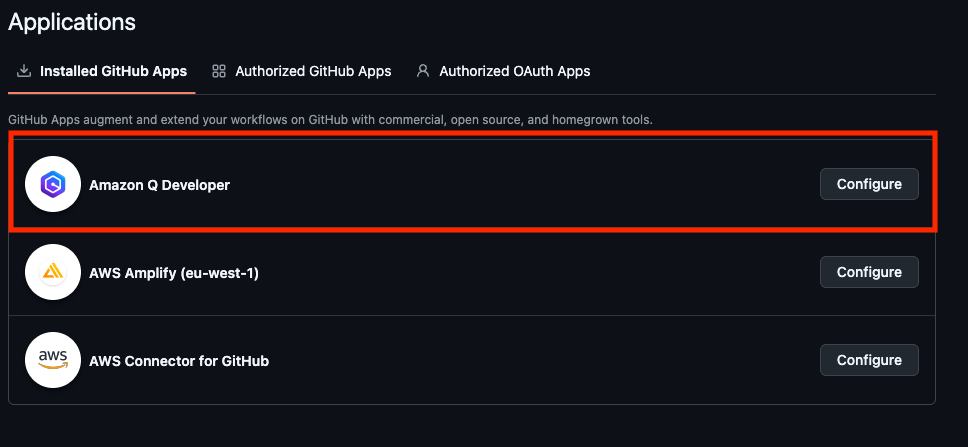Amazon Web Services (AWS) is expanding the DevOps platforms its generative artificial intelligence (AI) agents for application developers are integrated with to now include GitHub code repositories.
Available as a public preview, Amazon Q Developer can now be directly deployed on top of GitHub to enable DevOps teams to automatically, for example, review code, assign GitHub issues to an Amazon Q development agent that will then create an entire new feature for an application or migrate a code base to the latest version of a programming language.
Adnan Ijaz, director of product management for developer agents and experiences at AWS, said that since the launch of Amazon Q Developer, many application developers have extended the scope of the AI agents provided beyond writing code. AWS is now following that example to enable a wider range of software engineering tasks to be automated directly via a command line interface (CLI) or either a VS Code or JetBrains integrated development environment (IDE), he added.

The overall goal is to assign as many rote tasks as possible to autonomous AI agents that have been specifically trained to perform them, said Ijaz. In time, those AI agents will not only be able to complete tasks but also identify tasks that should be done based on what’s occurring across the software development lifecycle (SDLC), he added.
Regardless of the number of tasks assigned to an AI agent, however, there will continue to be a need for human oversight to ensure those tasks are completed as intended, said Ijaz.
Exactly how much AI agents are now being used to build software is unclear, but a Futurum Group research survey finds 41% of respondents now expect generative AI tools and platforms will be used to generate, review and test code. The one certain thing is that the volume of code being created is going to continue to increase exponentially in the months and years ahead as AI agents are integrated into software engineering workflows. Each organization will, as a result, need to determine for itself to what degree to rely on AI agents to write, review and test code. Right now, the quality of the code being generated by AI tools can vary widely, and in many instances, organizations are rightfully hesitant to deploy code in production environments unless a human developer thoroughly understands how it was constructed.
Nevertheless, as AI coding continues to evolve, the productivity gains are too much to ignore. Application development teams, at the very least, should by now be experimenting with various approaches, especially as it becomes simpler to assign tasks to an AI agent that, truth be told, many software engineers don’t especially enjoy doing themselves.
Ultimately, the pace of AI innovation is only going to accelerate. Before too long, the code surfaced by AI tools will improve. DevOps teams will soon find themselves building, deploying and updating a wide range of applications at levels of scale that a few short years ago might have seemed impossible. The issue now will be determining to what degree the DevOps pipelines currently relied on to manage software development might need to be revamped to accommodate all the code being created by AI agents supervised by human developers.






